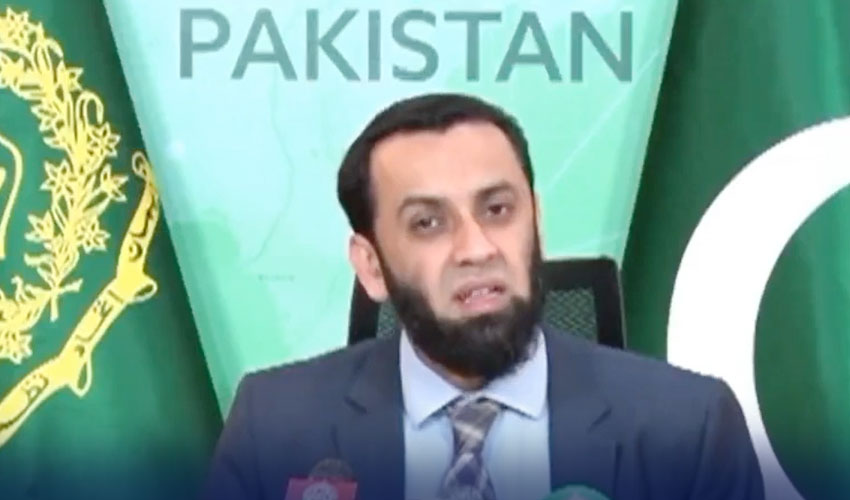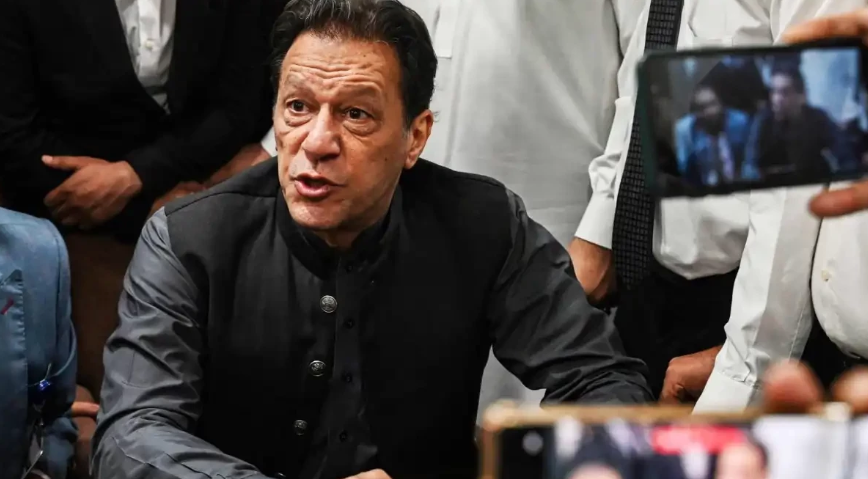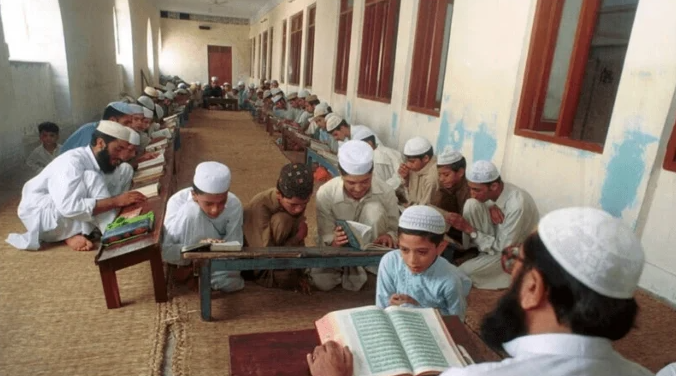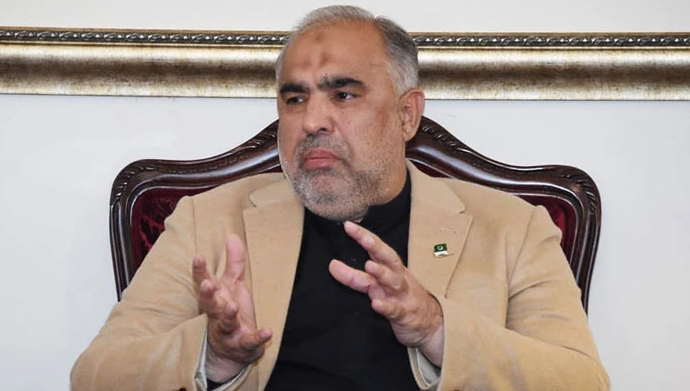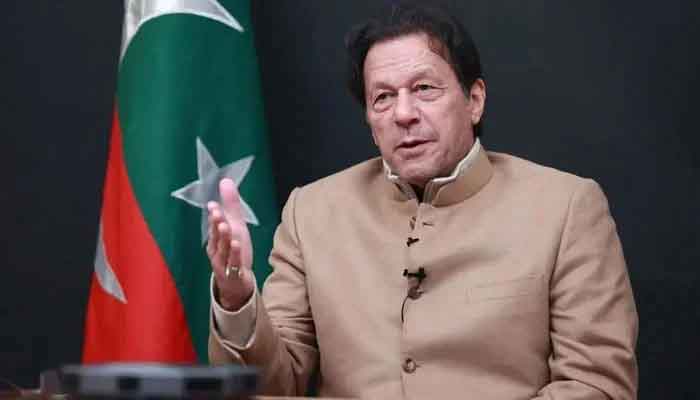POLITICS & POLICY MAKING
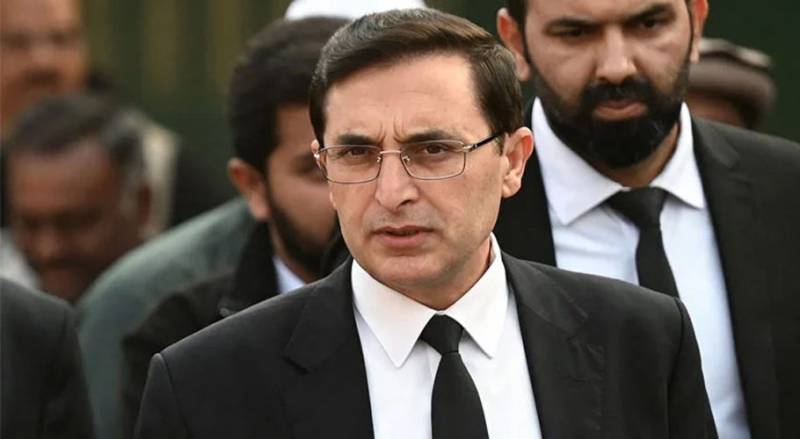
The Pakistan Tehreek-e-Insaf (PTI) on Wednesday renewed its demand for an impartial investigation into the alleged deaths of its supporters during last month’s Islamabad protest. Speaking in the National Assembly, PTI lawmaker Barrister Gohar Ali Khan called on the government to “show courage” by providing answers, investigating the incident, and compensating victims' families.
The demand follows a similar call by National Assembly Opposition Leader Omar Ayub, who accused Prime Minister Shehbaz Sharif of ordering the crackdown on unarmed protesters. Ayub claimed that security forces used lethal weapons meant for counterterrorism operations, resulting in the deaths of 12 PTI supporters.
Heated Debate in National Assembly
During the session, Defence Minister Khawaja Asif refuted the allegations and criticized the opposition for leveraging regional grievances to construct what he termed a “false narrative.” Barrister Gohar, however, focused his remarks on what he described as the “massacre” in Islamabad.
“Even if bullets have been fired, there should be courage to give answers, show remorse, apologise, investigate, and compensate the people,” Gohar stated on the NA floor. He emphasized that peaceful protesters were treated unjustly, warning the government of further demonstrations if their demands for justice were ignored.
Gohar also lamented the lack of progress in addressing the issue through parliamentary committees, criticizing the government for stalling investigations. “This House should mourn the loss of the 12 lives taken on its doorsteps,” he said.
Calls for Judicial Commission
Omar Ayub reiterated his demand for a judicial commission to investigate the events. “We need to know who fired the bullets and who authorized the use of lethal force,” he stated. Ayub claimed that more than 200 protesters were still unaccounted for, raising fears they may also be dead.
Constructive Engagement in Parliament
In a notable departure from its usual disruptive approach, the PTI engaged in parliamentary debate instead of staging protests. This shift was acknowledged by Law Minister Azam Nazeer Tarar, who welcomed the opposition’s use of parliament as a forum for dialogue.
“It is encouraging to see opposition members raising issues in the House. This is the essence of democracy,” Tarar said. He urged all members to engage in constructive discussions and focus on finding solutions for the public.
Tarar also highlighted the government’s commitment to parliamentary transparency, noting that ministries are required to address issues raised in the House.
Broader Context of the Protest
The November 26 protest, led by PTI’s Khyber Pakhtunkhwa Chief Minister Ali Amin Gandapur and former first lady Bushra Bibi, ended abruptly following a police crackdown in Islamabad’s Blue Area. While the government dismissed claims of casualties, PTI maintains that 12 of its supporters were killed.
Comparing the incident to global protests, Gohar emphasized the peaceful nature of PTI's demonstrations, contrasting it with instances in India, Brazil, Sri Lanka, and the United States where protesters stormed parliaments but were not met with lethal force.
The Road Ahead
The PTI has vowed to continue its fight for justice, warning of intensified protests if their demands remain unmet. As the debate over the alleged deaths intensifies, all eyes are on whether the government will heed the opposition's call for an impartial judicial probe.
